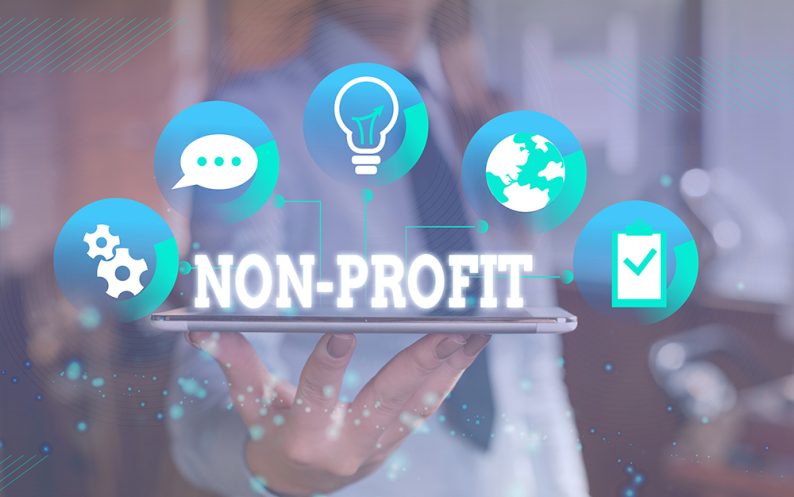Why the non-profit sector should use ERP software?
20 Mar 2023 | by Brett Mundell
Charitable, non-profit organisations have compliance and regulatory standards that need to be carefully adhered to. Money that is being allocated to a compelling cause has typically been donated by individuals, businesses, families or, is government funded. Donors and accounting standards for non-profit organisations demand transparency and auditability:
- What money was spent, on which programs?
- Have costs been carefully managed?
- Is the donation that has been made making a difference and benefiting the intended recipient?
Costs must be checked and auditable all the times. A big concern is finding the best way to report for donors and members to make sure they feel included and know where their contribution is going.
Non-profit organisations require an affordable, scalable, and easily deployable ERP system that can be adjusted to their business’s needs.
ERP software is an essential part of the business process – financials, financial reporting, donor and grant management, banking, fixed assets and audit reporting. ERP systems should be a core component of the business strategy for non-profits.
Compliance in the non-profit sector
Compliance in the non-profit sector is important to maintain integrity within the sector – donors want transparency, auditability and visibility over revenue and cost allocation.
Unfortunately, a variety of stories emerge about the non-profit industry not following rules and regulations. When these reports surface the entire sector suffers consequences – losing the public’s confidence is a massive factor.
Non-profit compliance ensures the community has confidence that the business is respecting applicable laws, contracts, and commitments.
The advantages of an ERP solution for non-profit
Streamlined financial reporting – access to the right information and data is critical for non-profit organisations. Financial reporting for non-profits goes beyond pure profit and loss and balance sheet reporting. Think about reporting by the donor, donor category, expense management reporting and project-based reporting. How much money, from which donor sources was spent on which projects? How much was spent on administrative costs? Are administrative costs increasing or decreasing as a percentage of overall spend?
Monitoring and approving expense management – ensuring workflow across purchase orders, purchase order approval and matching accounts payable invoices to an approved purchase order help create transparency and accountability.
Improved grant management – creating processes to manage the grant lifecycle – from thank you letters to donors through to the allocation of funds and the associated reporting. Are funds being allocated to the right areas of the business, can the business account for all funds and report back to donors and government agencies?
Increased operational efficiency – all businesses – for-profit and not-for-profit are consistently looking at ways to improve operational efficiency. Some of these process changes are simple areas within a business that lend themselves to improved automation – accounts payable and expense management automation are examples. Other areas of improved operational efficiency might be more strategic – like having data and analytics available to make strategic decisions on which projects to allocate funds to or, which projects are being delivered on budget and time.
Collaboration – in a mobile, hybrid working environment with volunteers and full-time team members working from home, collaboration is becoming increasingly important. Once again, an ERP solution can sit at the centre of collaboration by providing the right information to team members – where and when they want access to relevant data.
Want to talk to the award-winning team at Leverage Technologies about strategies to help your non-profit business grow, automate and create increased operational efficiencies? Call 1300 045 046 or email us at [email protected]

Brett has more than 20 years of business software sales and company management experience. Brett has been involved in more than 300 ERP projects. His passion is customer satisfaction, making sure every client is more than just satisfied. Brett wants our customers to be driven to refer their friends and peers because we offer the best services and technology available and because we exceeded their expectations.





Leave a comment